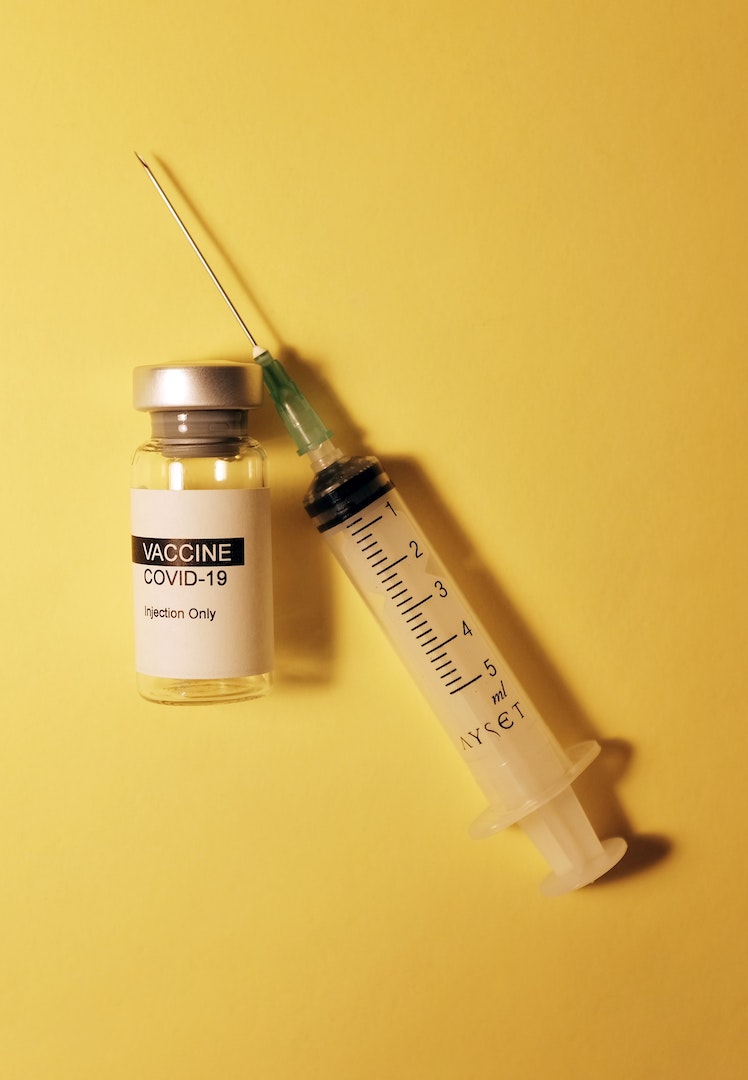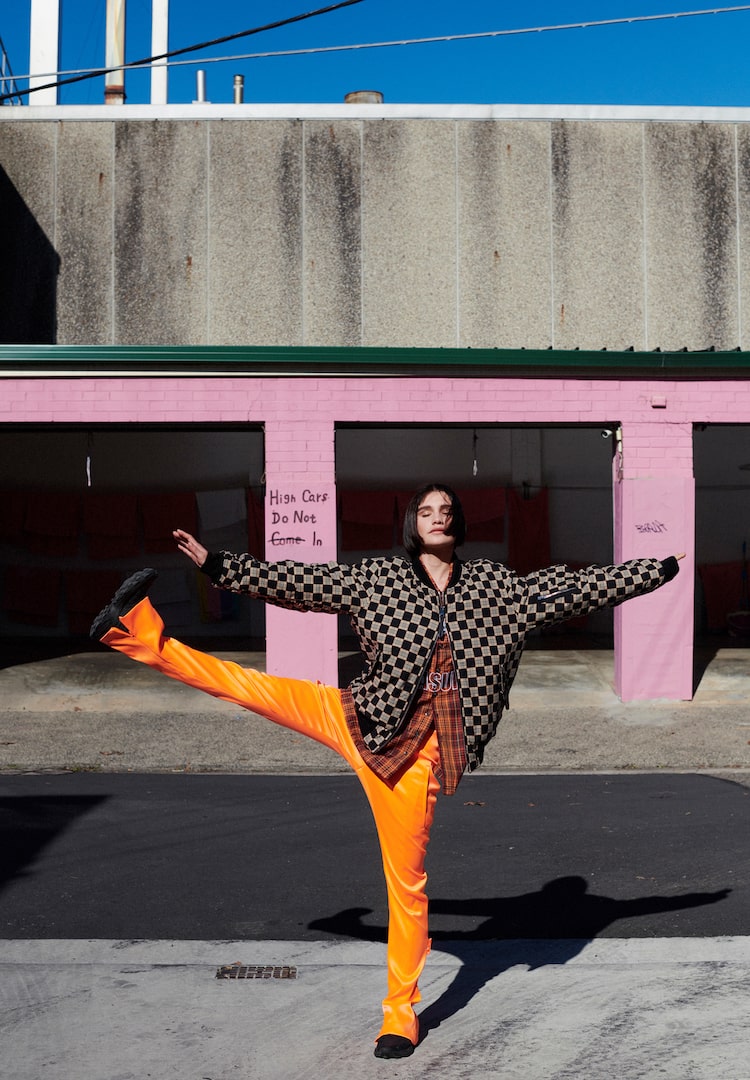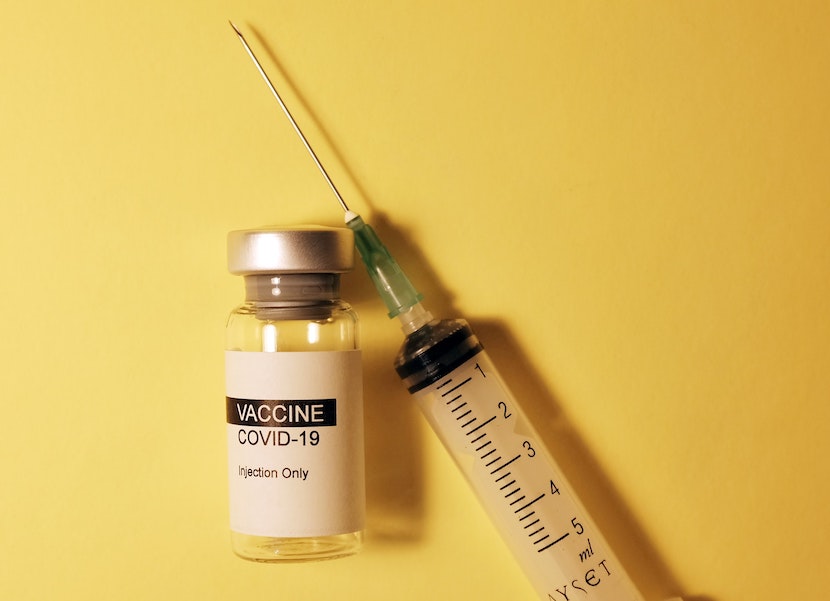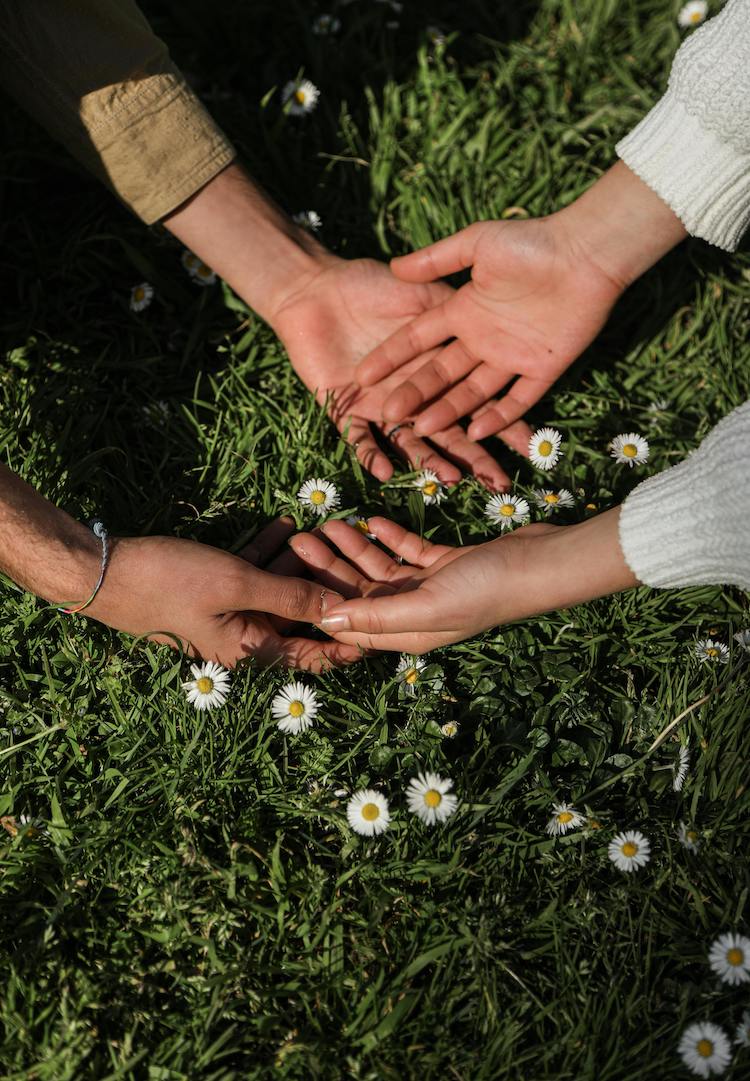As a twenty-something Australian woman I decided to get AstraZeneca, here’s why
WORDS BY MAEVE GALEA
Why I decided to bite the bullet and get AZ.
Editor’s note: For the purposes of this article, the author refers to this vaccine as AstraZeneca, the product name most Australians are familiar with. As of August 19 2021, AstraZeneca was approved for a name change, and will now be called Vaxzevria. For now, vials of the vaccine will still have AstraZeneca printed on them but these will be replaced with Vaxzevria labels later this year. It’s also important to note that this article was written when AstraZeneca was the only vaccine available to most 16 to 39-year-olds in Australia. As of August 30 2021, Pfizer will be made available to this age group.
When it comes to booking the AstraZeneca vaccine, many of us will get to the final stage of booking the appointment, cursor hovering over the blue button, before doubt takes over and instead of clicking ‘confirm’ we close the window and shut our laptop, rationalising to ourselves that we can afford to wait for Pfizer.
I know this because I did it a handful of times before I bit the bullet, pressed the button, and days later got the jab. While it would be easy to pretend that getting the far more readily available AstraZeneca was a ‘no-brainer’ I had serious doubts leading up to my appointment, even right up until the night before I was due to go into the clinic.
Interested to hear how others navigate the world? Head to our Life section.
But while a big part of me was scared about the risks involved, the more rational side of my brain reminded me that on the scale of risky behaviour I had engaged in over the last 12 months (including putting myself in the position of potentially getting COVID-19 while overseas) according to the Australian Government, the four to six chance in a million of me developing a blood clot was on the lower end of the scale.
That was a month ago now and I am feeling very grateful to be weeks away from being fully vaccinated. If you’re keen to get vaxxed (especially as more than 60 per cent of Australians are currently experiencing protracted lockdowns) but have questions or concerns you’re too scared to voice or feel silly for asking, don’t be. Humans are emotion-driven, often at the expense of rational thought.
To make matters worse there are a lot of conflicting opinions, horror stories and changing advice flying around and let’s be frank, the conversation around vaccinations is already a fragile one depending on who you talk to.
Of course, with yesterday’s news that from August 30 Pfizer will be made available to 16 to 39-year-olds, you may choose to wait for the vaccine of your choice. But as an article from The University of Sydney argues, “Do not wait for Pfizer if the AstraZeneca vaccine is available to you”.
Australia currently has “millions of unused doses of AstraZeneca sitting in GPs surgeries and vaccination clinics”. While the supplies of Pfizer are increasing, there is still insufficient supply to meet the current demand. Australia is at a critical point in its pandemic response – with case numbers exploding in Sydney, and the highly infectious Delta variant infecting more young people than earlier strains of the disease, getting vaxxed has never been more important. Each day you wait is a day you put yourself and others at risk.
So I sat down with Dr Alon Taylor, a doctor at Westmead Hospital, to talk about the questions and concerns young people have about getting AstraZeneca and what the actual risks are, so you have all the facts to make an informed decision (and don’t have to spend hours panic Googling in bed the night before your vaccine appointment like I did). Here are the takeaways from our chat.
AstraZeneca is a highly effective vaccine, that’s why it was approved
One thing Dr Taylor was keen to impress on me from the outset is that despite the (albeit small) risk the AstraZeneca vaccine poses to its recipients, the reason why it has been approved for use by federal agencies such as the Food and Drug Administration (FDA) in the US and Therapeutic Goods Association (TGA) in Australia is because it’s highly effective in doing what it was designed to do: “stopping people getting very sick and landing in ICU and dying from COVID-19”.
The blood clotting side effect is called thrombosis with thrombocytopenia (TTS) and it’s an extremely rare condition
That’s right, the thing that was keeping me up at night has a long and complicated name that’s hard to say. Of course it does. But apparently, the condition is a lot easier to understand than it is to say. “So thrombocytopenia means low platelets and then thrombosis means clotting,” explains Dr Taylor, adding “so if you develop this condition it means you have low platelets but form clots in unusual places in the body”.
Those clots can then disrupt the flow of blood to important organs and can be severe and on occasion, fatal. But thankfully the condition is very rare. According to a report released by the TGA on July 22 2021, the total number of cases of TTS was 87 from 6.1 million doses of the AstraZeneca vaccine administered to date, resulting in five deaths.
Based on those figures you have a 0.0014 per cent chance of developing TSS from the vaccine and a 5.74 per cent chance of it being fatal if you do. Much of this has to do with the improved screening and treatment with Huyen Tran, head of the Alfred Hospital’s thrombosis and haemostasis unit telling the Sydney Morning Herald in June, “We can recognise it, we can diagnose it, and we can treat it”.
To put the risk in perspective, The Conversation put together a series of graphics that should put your mind at ease. As the article states, “The risk of dying from TTS after the first dose of the AstraZeneca vaccine is similar to the risk of being killed by lightning in a year in Australia. And this pales in comparison when compared to other risks, such as the risk of dying in a car accident”.
I don’t know about you, but I don’t leave the house each day fretting about being struck by lightning, and I certainly don’t entertain the idea that each time I get in the car I could potentially die.
The changing health advice is based on risk-benefit analysis
According to Dr Taylor, “The New South Wales Government changing their recommendations is not because they’re flip-flopping on whether they think the vaccine is effective” rather “it is based on a risk-benefit analysis done by lots of smart mathematicians and epidemiologists”.
As such, the reason the advice has changed is because the context has. “When the initial advice came out they worked out that for people under a certain age, the risk of having this side effect from this vaccine is higher than the risk of getting COVID-19.
“But that was a couple of months ago. Nowadays, in the middle of an outbreak, the risk associated with getting COVID-19 is much higher so that’s why New South Wales health and the TGA recommendations have changed – it all depends on the risk of COVID-19 in the environment at that particular time.” As Dr Taylor explains, “It’s all a risk-benefit analysis”.
Humans have an inherent predisposition towards irrationality in the perception of risks
According to Dr Taylor, “Human brains are not evolved very well to understand probabilities and risk in the subtle way that is required in this situation”.
“It’s our natural disposition to often give more mental energy to immediate risk. So it’s very obvious to people what the risk of this vaccine is because it’s very well publicised, it’s an identifiable problem.”
But Dr Taylor encourages people to think about the risks they are exposing themselves to by not getting the vaccine. “People need to understand that in not getting vaccinated you’re subjecting yourself to a significant risk of contracting the virus and getting sick from it and then passing it on to friends and family,” he tells me.
If you do get sick, there is also the possibility that you’ll develop ‘long COVID’, something that affects more women than men. Long COVID is where, as The Guardian put it, “The initial infection resolves, yet symptoms persist, or new symptoms develop, resulting in prolonged suffering even where the original infection was mild”.
Trust the experts
At the end of the day, we can take comfort in the fact that we have doctors and medical professionals monitoring the situation daily to ensure people are as safe as possible.
As The Conversation writes, “When you fully appreciate how small the risk of TTS is, the decision to have the AstraZeneca vaccine to protect yourself and others becomes a much easier one to make”.
“New South Wales Health are on top of this and their recommendations are really clear,” explains Dr Taylor. “The website that they have is fantastic and it explains really well in layman’s terms what the recommendations are.”
And of course, there’s always your GP, who is likely to provide you with more information and comfort than panic Googling ever will.
For more information on the vaccines available to you, head here or book an appointment with your GP.













